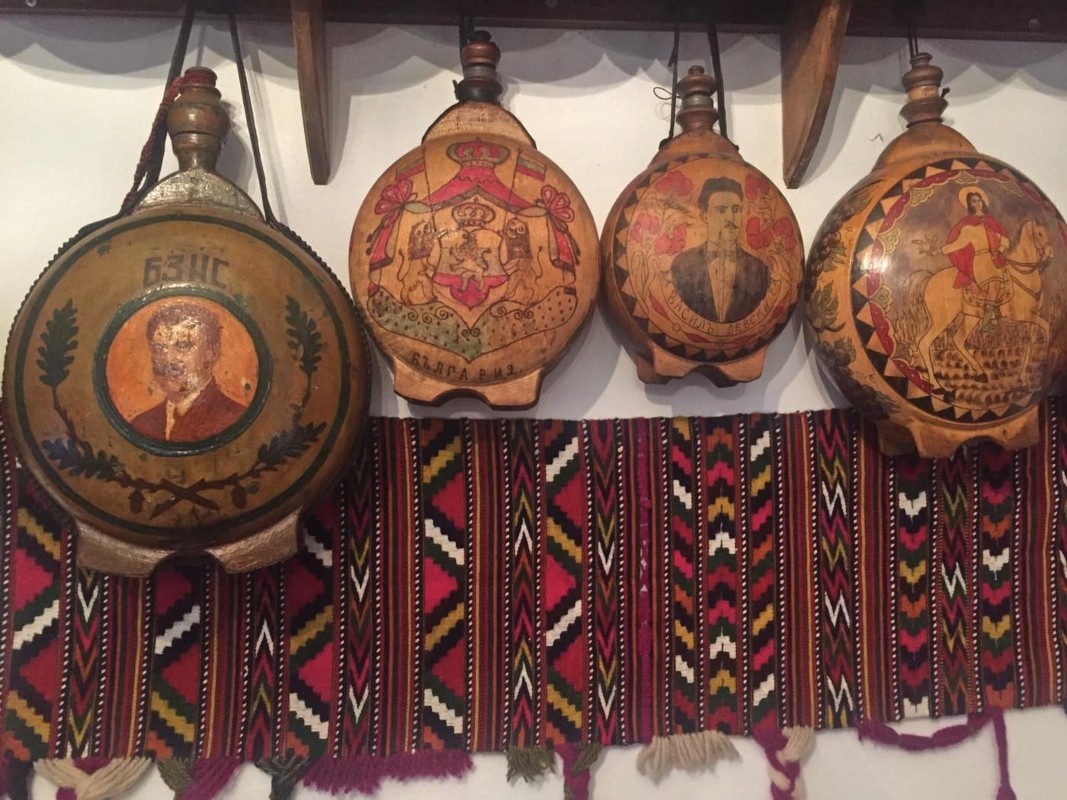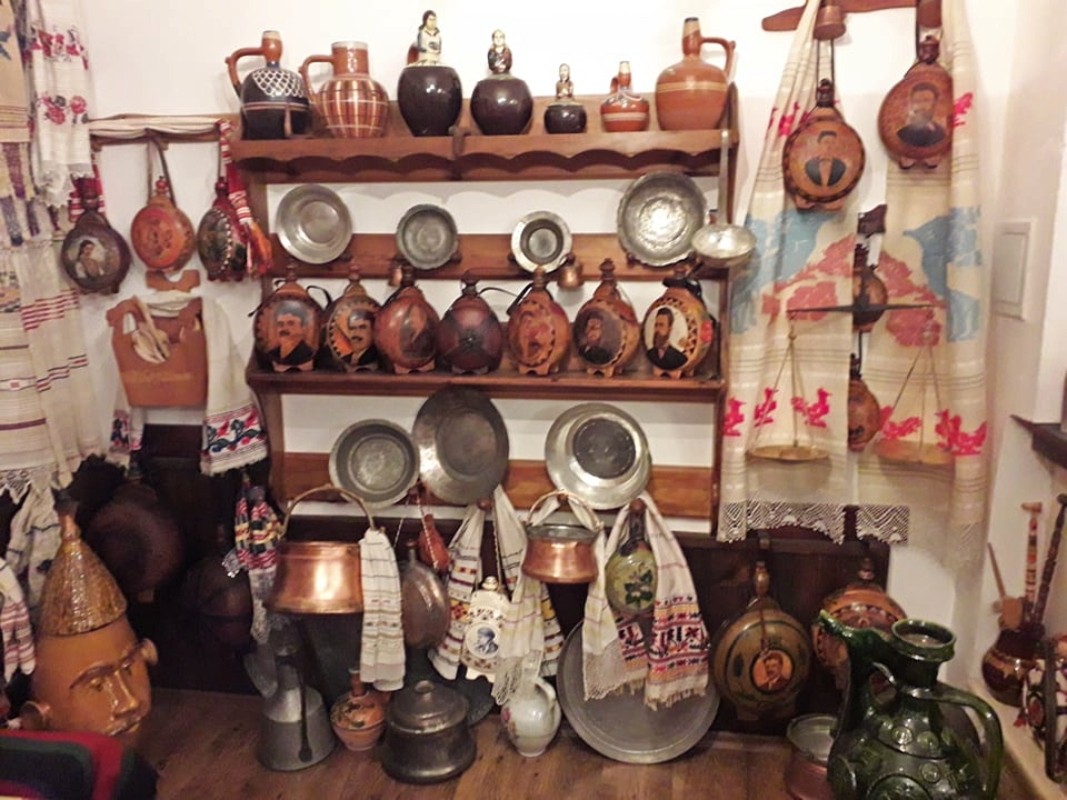For more than 40 years Rumyana Pencheva has been collecting authentic old household items crafted in Bulgaria through the years. Now she is owner of what is probably the biggest private collection of household articles in the country. Looking back over the years she says that her love of all things beautiful has been with her all her life.
“I don’t remember when I started collecting all of these things, I must have been 16-17 and still at school. One of my first items was a wooden wine vessel belonging to my grandparents with a portrait of Hristo Botev stamped on it. And even though I now have bigger and more beautiful vessels like it, it is still the one I love best because it is a throwback to my childhood,” Rumyana Pencheva says.

Rumyana got her first items from friends and relatives, then she started buying. She remembers the times when old things were sold at roadside stalls and markets. She gradually found out where to find interesting antique objects, went to villages, talked to old people and learnt a lot about their lives. And of course – she learnt the stories of the items themselves.
“The things I am fond of most are the items I have bought directly from the people who have inherited them, from them I sometimes get some very interesting information,” Rumyana Pencheva says. “I know who wore one of the folk costumes I have - it was worn by a woman born in 1864. It is the most beautiful costume of all but what makes it so special to me is that it was made at the end of the 19th century.”

The unadulterated beauty of Bulgarian folk costumes was revealed to Rumyana Pencheva when she started buying authentic clothing over the internet. She started reading, researching and getting to meet people who added to her knowledge of the boundless world of women’s clothing.
“The national costumes make me feel proud of being Bulgarian,” says Rumyana. “Through the years I have also made quite a collection of pottery, wood and metal – vinegar and rakiya utensils, pitchers, jars, pots, plates, pans, coppers, spinning wheels, distaffs, chests. I have some unique fabrics – table-cloths, aprons, rugs, as well as Kapantsi cushions which I really like. Most of the items are from the 1940s and 50s but I have some which go back to the end of the 19th century – a container for rakiya which has a year branded on it – 1884.”

The impressive collection put together by Rumyana Pencheva with so much love and with the support of her husband evokes admiration and delight. What are her plans for it? Has she ever considered showing it to the public so that more people can derive pleasure from?
“The first thing I would like to do is to systematize everything I have, to put together a catalogue of all the items I have, and maybe a paper album,” Rumyana Pencheva says. “I have decided to show it to friends, not just to keep it to myself. I want to put on an exhibition for anyone interested in such things and show the legacy of our forefathers. Because we do not know them so we can’t love them. That is my wish and I very much hope to be able to be able to fulfill it.”

Photos: private library
Scotland is known as "The Land of the Brave" and recognized as the "Homeland of the Bagpipe". An instrument that carries the soul of Bulgarian folklore in its sound. According to unofficial data, the "brave" Bulgarians who are building a life in this..
Bulgaria participates in the Global Money Week initiative for yet another year. Global Money Week is an annual global awareness-raising campaign to ensure that young people, from an early age, are financially aware, and are gradually acquiring the..
Bulgaria, as distant as a mirage, has become a beloved land for a man who has never set foot in this country. For nearly 50 years, Mr Jayanta Chakrabarti has been closely following everything that happens here and probably knows more about our history and..
An international conference “AI and education: The road to innovative teaching and learning” brings together 50 teachers from the Bulgarian schools..
In 2024, Bulgaria has 15,737 foreign students, making up 8.6% of all current students in the country. By comparison, this share has doubled over the..
Divers will clean the seabed around the port of Sozopol today, reports BTA. "Since 2018, we have been doing the cleaning, completely voluntarily, with..

+359 2 9336 661
